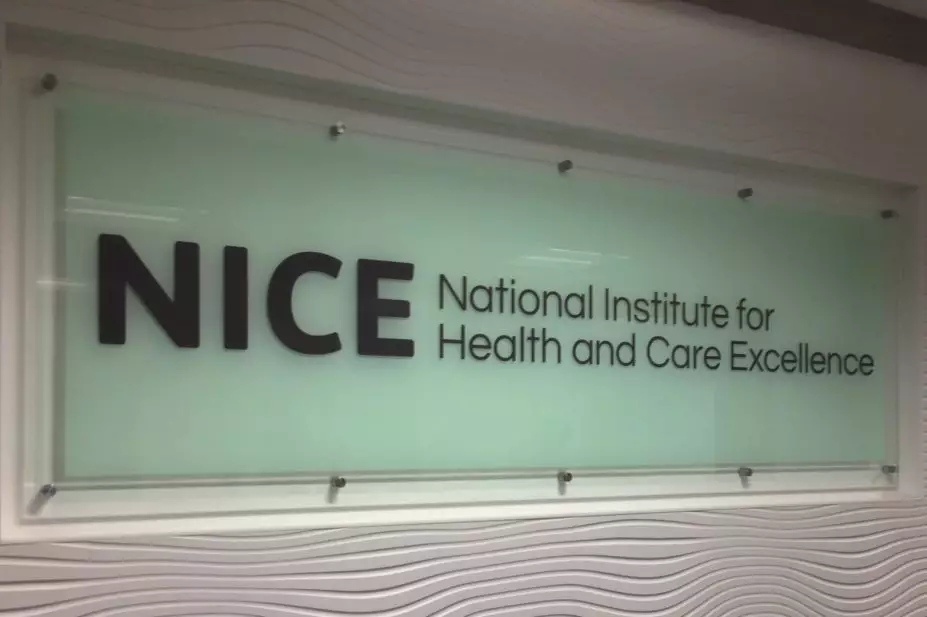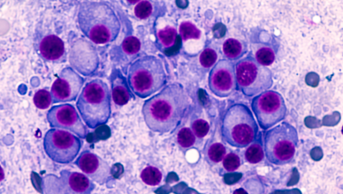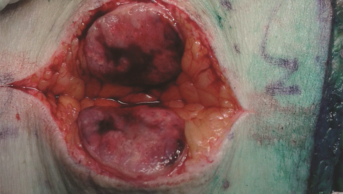
Courtesy of NICE
The new cancer drugs fund (CDF) became operational on 29 July 2016 and has a fixed budget of £340m for 2016–2017. The revamped fund will be jointly controlled by NHS England and the National Institute for Health and Care Excellence (NICE), and will include an accelerated appraisal process.
NHS England says the new fund will speed up access to drugs by between two and four months. Four new treatments being made available through the new CDF include ceritinib for lung cancer; dabrafenib and trametinib as combination therapy for melanoma; ipilimumab and nivolumab as combination treatment for melanoma; and trifluridine and tipiracil as combination therapy for bowel cancer. The drugs have been recommended for use in draft NICE guidance and will be funded through the CDF until final NICE guidance comes into force.
A spokesperson for NICE says: “We have already started looking at the drugs in the old CDF to see whether they can be recommended for routine funding.”
All new cancer drugs will enter the NICE appraisal process before they are licensed, with draft recommendations ready once they receive a thumbs-up from the European Medicines Agency.
Final guidance will be published within 90 days of the drug receiving marketing authorisation.
“This is faster than any other European country,” the spokesperson adds. “It’s now up to companies to show that they recognise the challenges as well as the opportunities their new drugs present to patients and the NHS by showing the same flexibility on cost as they have in their recent negotiations with NHS England for drugs already in the CDF.”
Two drugs have been given notice of removal from the old CDF, which closed on 31 March 2016, under which 41 treatments were funded. The first, lenalidomide, will be provided free of charge following a two-month notice period via manufacturer Celgene’s ‘Single-named patient use and compassionate supply programme’ on a case-by-case basis. The second drug given notice of removal is the renal cell carcinoma treatment temsirolimus, which NHS England says is no longer used routinely.
Paul Catchpole, director of value and access at the Association of the British Pharmaceutical Industry (ABPI), says the new fund is a “welcome step in the right direction” for researchers, developers, manufacturers of cancer medicines, and the NHS and patients.

Source: ABPI
Paul Catchpole, director of value and access at the Association of the British Pharmaceutical Industry, warns that pharmaceutical companies will have to commit to underwriting any overspend of the new cancer drugs fund
“By joining the dots between NICE and NHS England to ensure medicines are made available during periods of evidence collection and further analysis, drugs companies and patients should eventually both benefit from a more simplified process,” he says. “The early litmus test of the new CDF will be a measurable improvement in faster access and uptake.”
Catchpole adds that “further evolution of NICE” is required.
“We will continue to be at risk of seeing more medicines routinely turned down for use unless there is greater flexibility in NICE’s core appraisal process,” he says. “This is particularly the case for medicines targeted at smaller patient populations – such as those for rarer types of cancers – that we know get routinely held back under the current ‘one size fits all’ system.”
Catchpole also points out that, under the new CDF, companies will have to commit to underwriting any overspend of the new fund. “We must work towards a fairer and more equitable system of financial risk. Without this, there remains the concern that much needed medicines may not make their way to market.”


